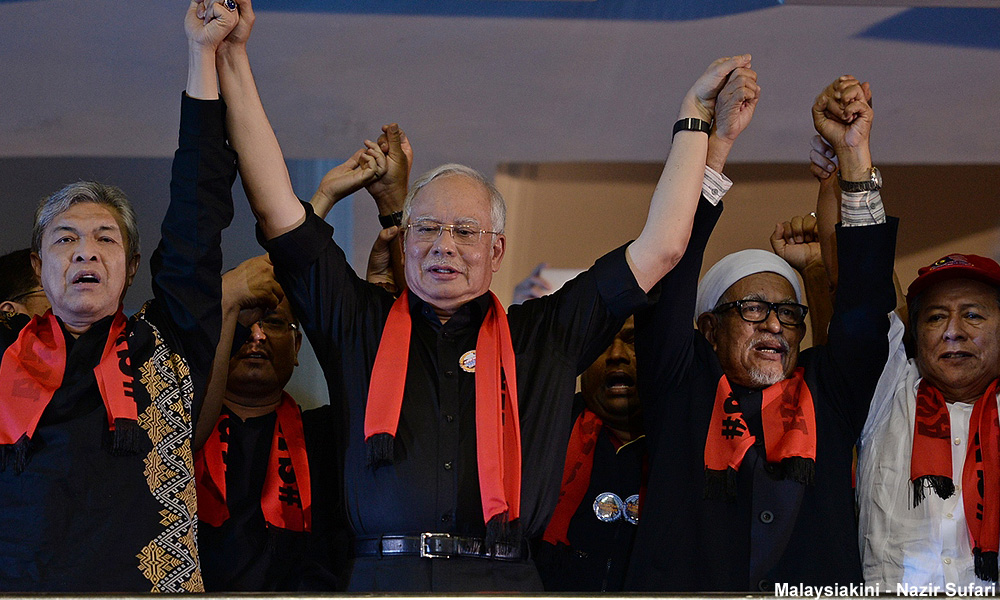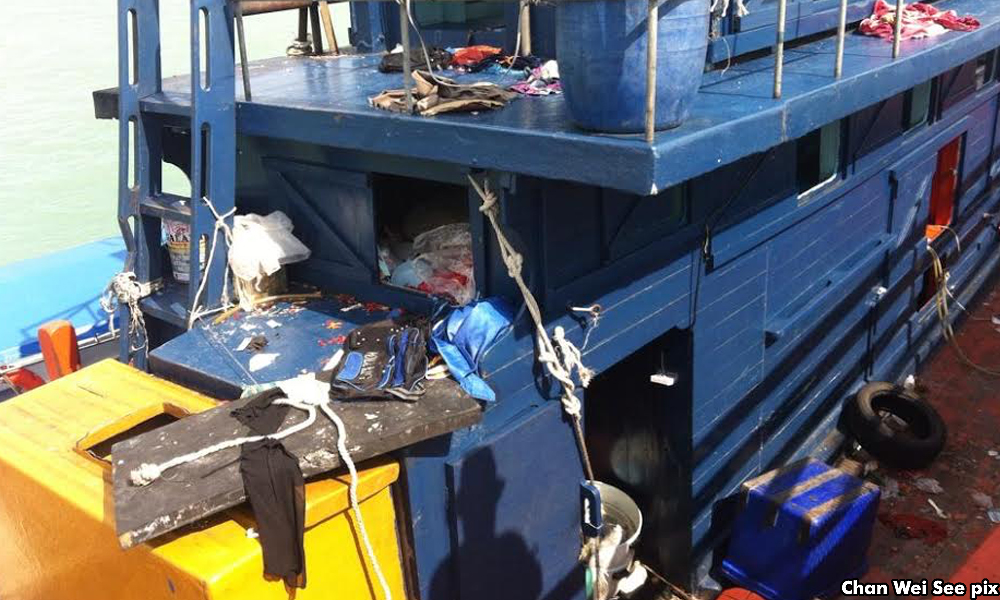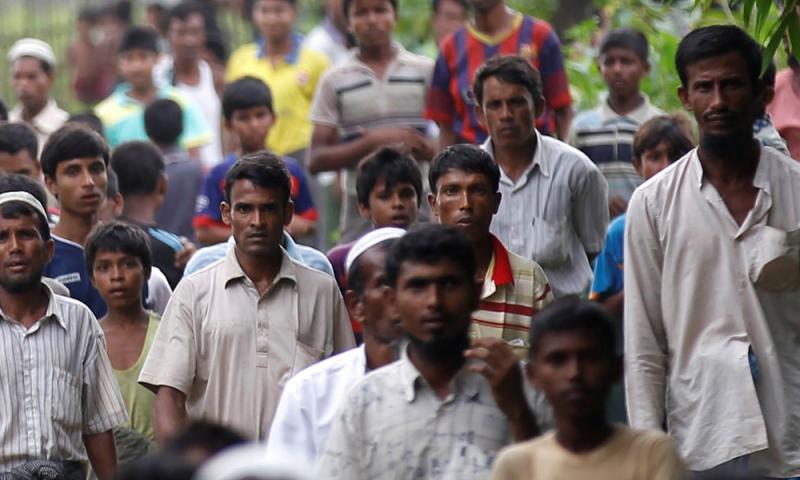COMMENT | It is now been almost a year– since 25 August, 2017 - when the Myanmar military launched their ‘clearance’ operation against us Rohingya people in Rakhine State.
Since then, thousands of Rohingya have been killed by the military and their proxies, scores of villages torched to the ground, and more than 700,000 people have fled into Bangladesh.
The Rohingya people still left in Myanmar are teetering on the brink of survival, having suffered for decades at the hands of the authorities’ genocidal attempt to wipe us out.
It is not an exaggeration to say that in this precarious moment, we need friends in the international community more than ever. Thankfully, at the height of last year’s crisis, we found such a friend in Malaysia.
Last year, Asean as a body and many other countries in the region showed a cowardly disregard for the facts in Myanmar, refusing to call out the security forces for their atrocities.
To their credit, Malaysia emerged as one of few states willing to take a stand, and to show public support for the Rohingya.
Malaysia’s willingness to call out Myanmar was both unprecedented and brave, not least since the Asean bloc for decades has valued its ‘non-interference’ policy above all else.

As a Rohingya activist who is visiting Malaysia this week, I hope that we can count on the same level of public support from the Pakatan Harapan government.
Just last week, on Aug 13, Prime Minister Dr Mahathir Mohamad, said of the Myanmar authorities: “It is grossly unjust to do what they have done, killing people, mass murder, that's not the way civilised nations behave.”
Mahathir’s strong words, as well as his urging on Myanmar to recognise the Rohingya as citizens, were incredibly welcome.
Last year’s crisis, although it brought the suffering of Rohingya people in Myanmar into the global consciousness, is merely the latest chapter in a long story of abuse.
In the late 1970s and the early 1990s, Myanmar’s military launched similar vicious campaigns in Rakhine State, again committing widespread rights abuses and sparking refugee flows in the hundreds of thousands.
In 1978, my parents were among those who fled the army’s carnage into Bangladesh. In the early 1990s, I finally fled Rakhine State myself after the Myanmar government refused me to go to university, simply because I was a Rohingya.
Inside Myanmar, the Rohingya who are left live under an oppressive state-sponsored system of segregation that can only be described as apartheid.
Myanmar has for decades shown itself both unwilling and unable to change its genocidal policies, beyond token concessions at politically opportune times. Sustained international pressure is needed for a real change on the ground.
Malaysia can play an enormously important role in this by continuing to vocally condemn Myanmar’s atrocities against Rohingya people, pushing the government in Naypyidaw to end all discriminatory policies against Rohingya, and to ensure that conditions are in place for the safe and dignified return of the refugees who fled to Bangladesh and elsewhere.
Crucially, Putrajaya should also focus its lobbying efforts on fellow Asean states. The regional bloc cannot continue to watch silently from the sidelines as one of its member states carry out genocide within its borders.
But I also urge Malaysia to look closer to home when it comes to the Rohingya. As welcome as Putrajaya’s strong international stance has been, this has not been matched in its treatment of Rohingya refugees within its own borders.
At the height of the 2015 Andaman Sea ‘boat crisis’, the then-Malaysian government, for example, initially refused to allow any Rohingya refugees to enter, and only reluctantly changed its mind following a global outcry.

Inside Malaysia today, the UNHCR estimates that there are 62,000 registered Rohingya refugees, and as many as 30-40,000 who live in the country illegally without refugee status.
The very vast majority of Rohingya in Malaysia live a life of legal limbo. Even the ones who have been given refugee status are still technically considered ‘illegal immigrants’.
They have no official right to work and have to eke out a living in the grey market. They are denied access to government-run schools and have to rely on NGO-run facilities.
This makes for a highly insecure existence without an opportunity to improve their own situations – or to contribute meaningfully back to Malaysian society.
Mahathir and the Pakatan Harapan administration now have a chance to end long-standing discriminatory policies and usher in a new era of humane treatment of Rohingya.
I urge Malaysia’s new leadership to end all restrictions on Rohingya and to allow those who have fled for their lives to come here to live without fear of deportation.
This would send a powerful signal in Asean that the Rohingya ‘issue’ truly affects the region as a whole, and requires a regional solution.
At a time when we need friends more than ever, all eyes will be on Putrajaya to do what is right.
TUN KHIN is the president of the Burmese Rohingya Organisation UK (Brouk).
The views expressed here are those of the author/contributor and do not necessarily represent the views of Malaysiakini.





